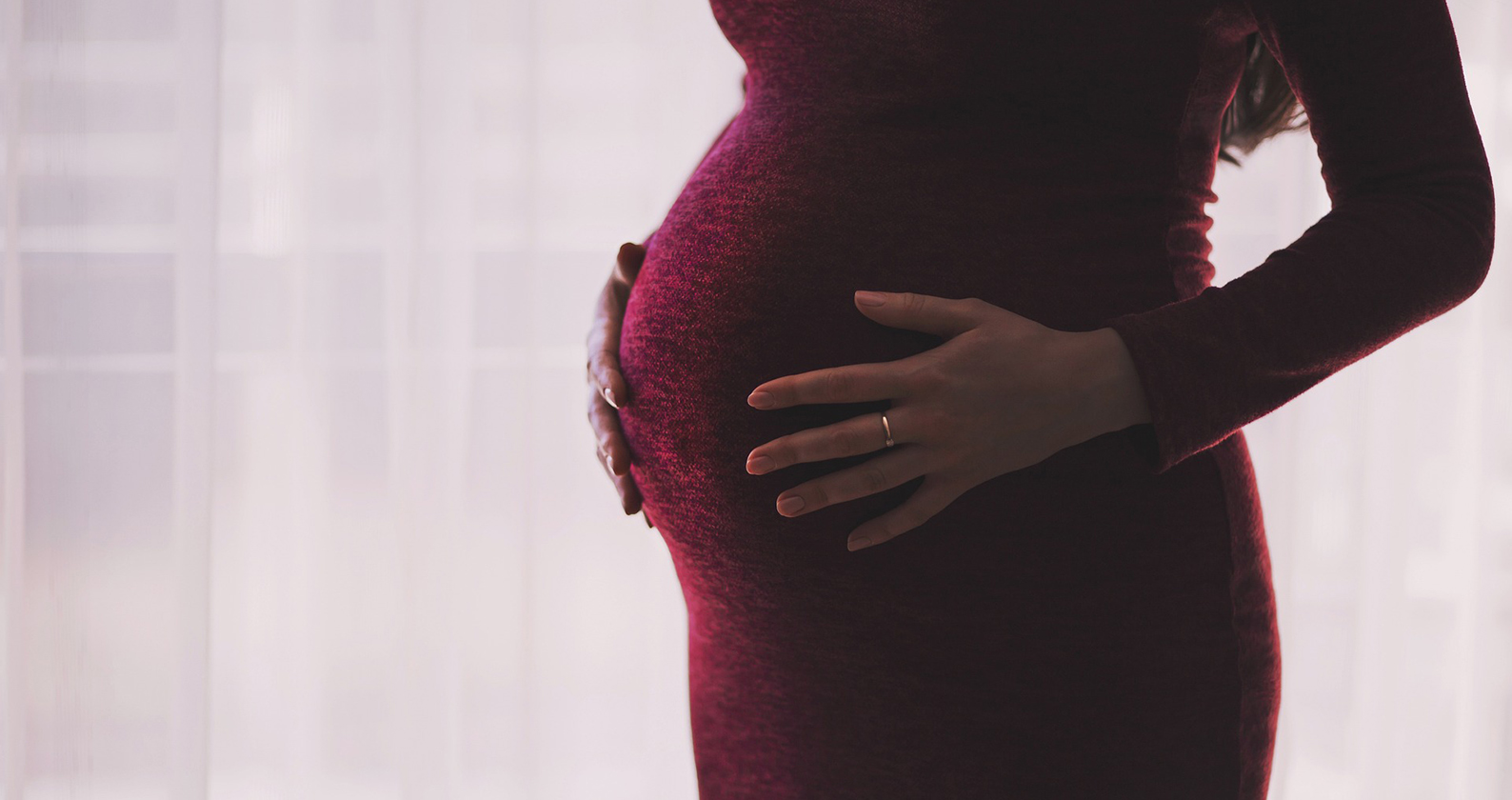New Curtin University-led research has found women who choose to conceive within three months after a miscarriage or induced abortion were no more likely to suffer pregnancy complications in their next pregnancy.
Published in PLOS Medicine, the research team examined a total of 49,058 births following a miscarriage and 23,707 births following an induced abortion in Norway between 2008 and 2016 and investigated whether there was any increased risk of adverse pregnancy outcomes such as preterm birth, low and high birth weight, preeclampsia and gestational diabetes.
Lead author Dr Gizachew Tessema, from the Curtin School of Population Health, said the findings from the study do not support the current international recommendations.
“The World Health Organisation currently recommends women wait at least six months after a miscarriage or induced abortion before falling pregnant again due to an increased risk of health complications in their next pregnancy,” Dr Tessema said.
“Our study, using data for births after miscarriages or induced abortion in the same population, was able to show that women were at no higher risk of preterm pregnancy complications if they conceived within three months or six months after a previous miscarriage or induced abortion. We also found no evidence to suggest higher risks for women who conceived more than 12 months after a miscarriage or induced abortion.
“Instead, we found that women were at a lower risk of pregnancy complications such as low birth weight and gestational diabetes if they conceived within three months after a miscarriage. One possible explanation for this is that women who chose to conceive shortly after a miscarriage were more likely intending to conceive and therefore may have been seeking medical support to avoid another complication.”
Based on this study and others, the research team called for a review of the existing World Health Organisation recommendations for pregnancy spacing following pregnancy loss.
Dr Tessema said the results were reassuring for women or families who wished to re-attempt another pregnancy soon after experiencing a miscarriage or induced abortion.
“Experiencing any type of pregnancy loss can be an extremely difficult and traumatic experience for families and having to wait an additional six months before trying to conceive again could be very difficult,” Dr Tessema said.
“Our results are promising for families hoping to conceive after an early pregnancy loss, but further research is needed to investigate the link. Our current study results do not support the current WHO recommendations and suggest that the international guidelines need to be reviewed.”
The full paper, titled, ‘Interpregnancy interval and adverse pregnancy outcomes among pregnancies following miscarriages or induced abortions in Norway (2008-2016): a cohort study,’ can be found online here.



